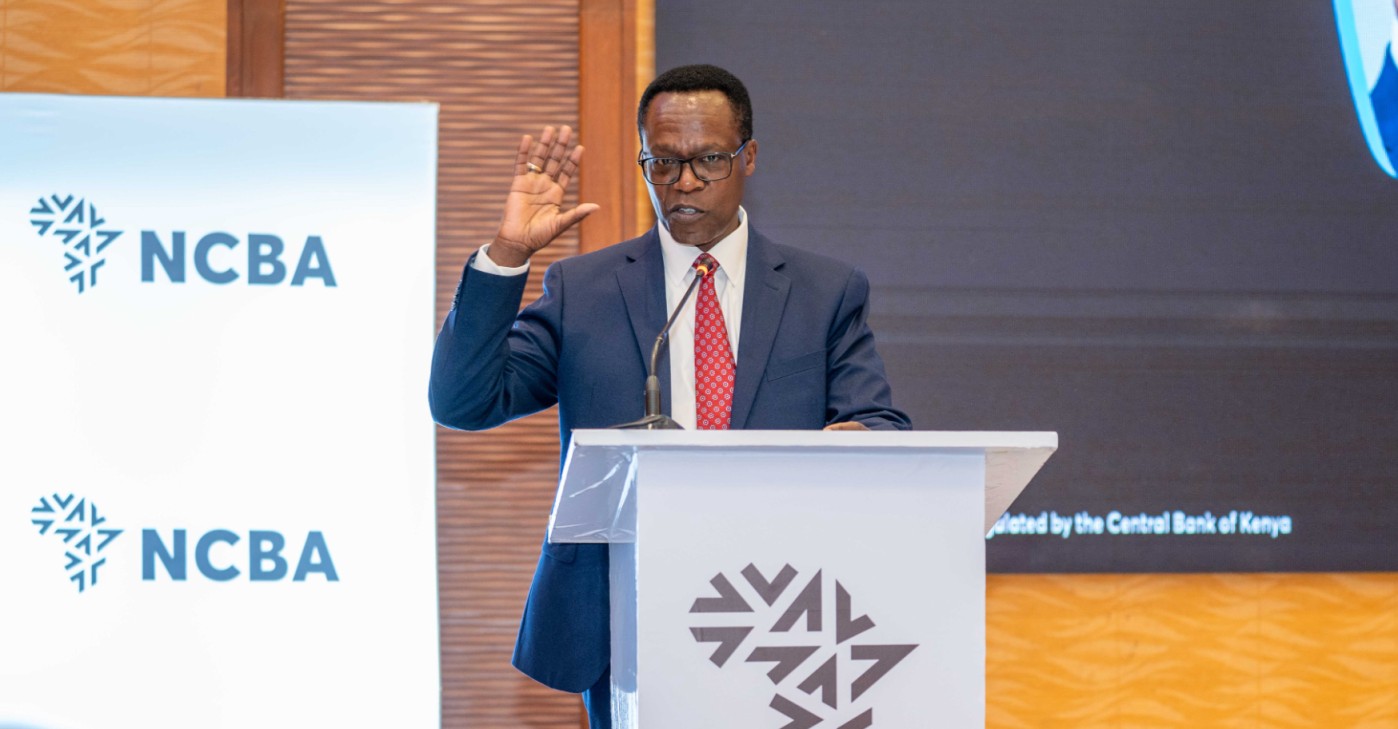DIB Bank Kenya, the subsidiary of Dubai Islamic Bank, has released its Q1 2024 financial results, painting a rosy picture for the bank and the Islamic banking sector in Kenya.
The figures reveal significant growth across all key metrics, showcasing the bank's strengthening position and the rising demand for Sharia-compliant financial solutions.
Balance Sheet Bolstered by Growth: DIB Bank Kenya's total assets saw a massive 49 per cent year-on-year jump to Sh28.2 billion by the end of March 2024, compared to Sh18.8 billion in the same period last year.
Customer deposits mirrored this growth, surging by 49 per cent to Sh21.6 billion, up from Sh14.5 billion in Q1 2023.
Net Financing Arrangements, representing the bank's core lending activity, also climbed by a noteworthy 38 per cent year-on-year to Sh17.2 billion.
Read More
Profitability on the Rise: While DIB Bank Kenya hasn't reached profitability yet, the significant narrowing of losses signifies positive progress.
Net Funded Income, a key measure of a bank's core profitability, grew by 53 per cent to Sh211.7 million, compared to Sh138.0 million in Q1 2023.
Non-Funded Income, encompassing income from fees and commissions, witnessed an impressive 241 per cent rise to Sh95.0 million, up from Sh27.8 million the previous year.
However, Profit Before Tax (PBT) remained negative at Sh6.3 million, compared to a loss of Sh124.6 million in Q1 2023. This substantial decrease in losses suggests the bank is on the right track for future profitability.
Enhanced Efficiency: DIB Bank Kenya's Cost to Income Ratio (CIR) also demonstrated significant improvement, dropping from a staggering 168 per cent in Q1 2023 to a more manageable 96 per cent in Q1 2024.
A CIR below 100 per cent is generally considered positive, and this decrease indicates the bank's improved efficiency in generating profits relative to its operating costs.
Positive Outlook for Islamic Banking: DIB Bank Kenya's robust financial performance is a strong indicator of continued growth and potential within the Kenyan Islamic banking sector.
This sector offers Sharia-compliant financial products and services that adhere to Islamic religious principles.
The bank is, of course, regulated by the Central Bank of Kenya.
This positive performance by DIB Bank Kenya comes amidst a backdrop of rising economic activity in Kenya.
The World Bank forecasts Kenya's economy to grow by 5.5 per cent in 2024.
This optimistic economic outlook, coupled with DIB Bank Kenya's impressive results, is likely to benefit other Islamic banks in the country, fostering the overall growth of the Islamic banking sector in Kenya.

-1715780914.jpeg)


-1727286472.jpg)
-1751495006.jpg)
-1751376032.jpg)

-1751561078.jpg)